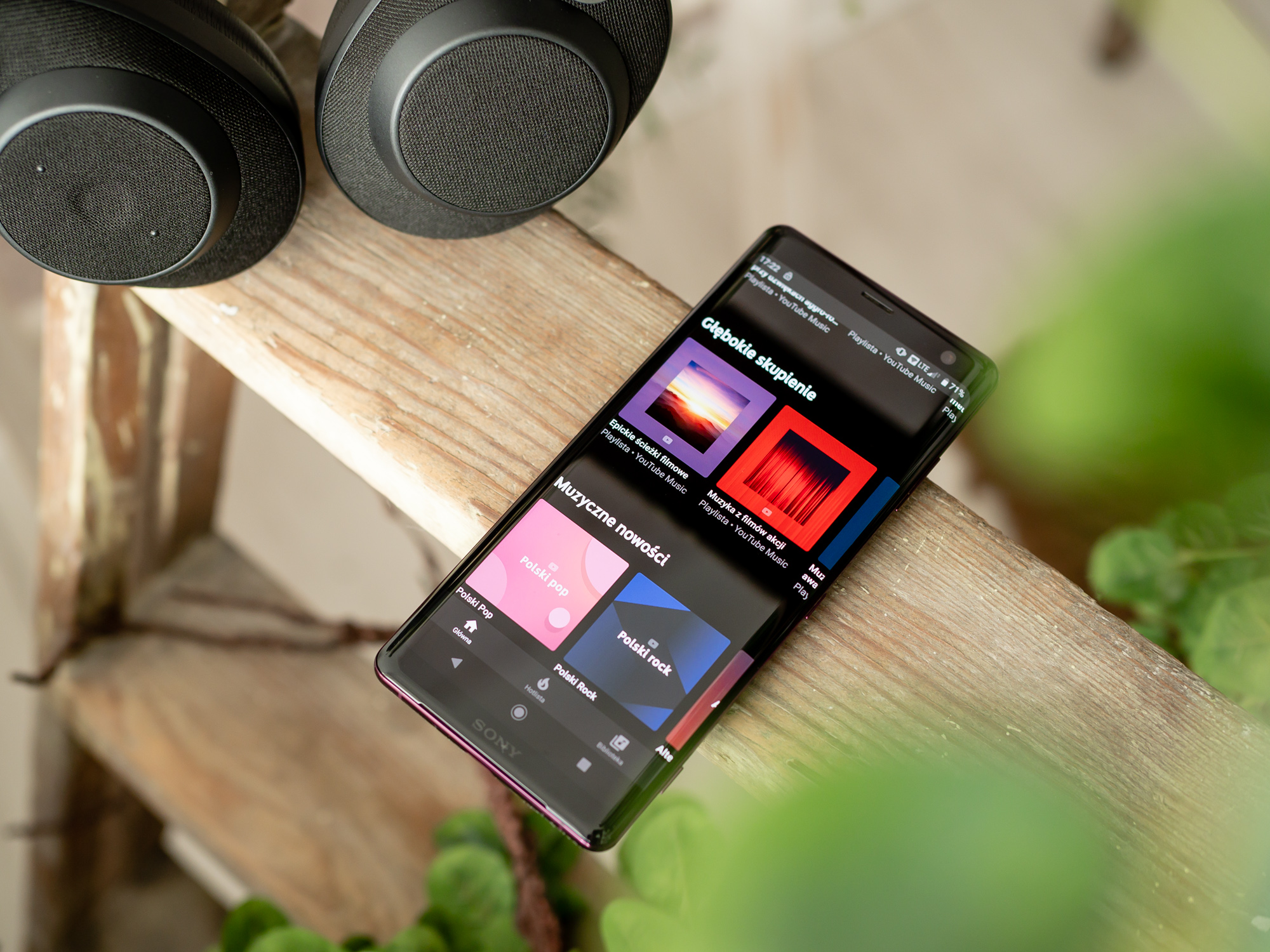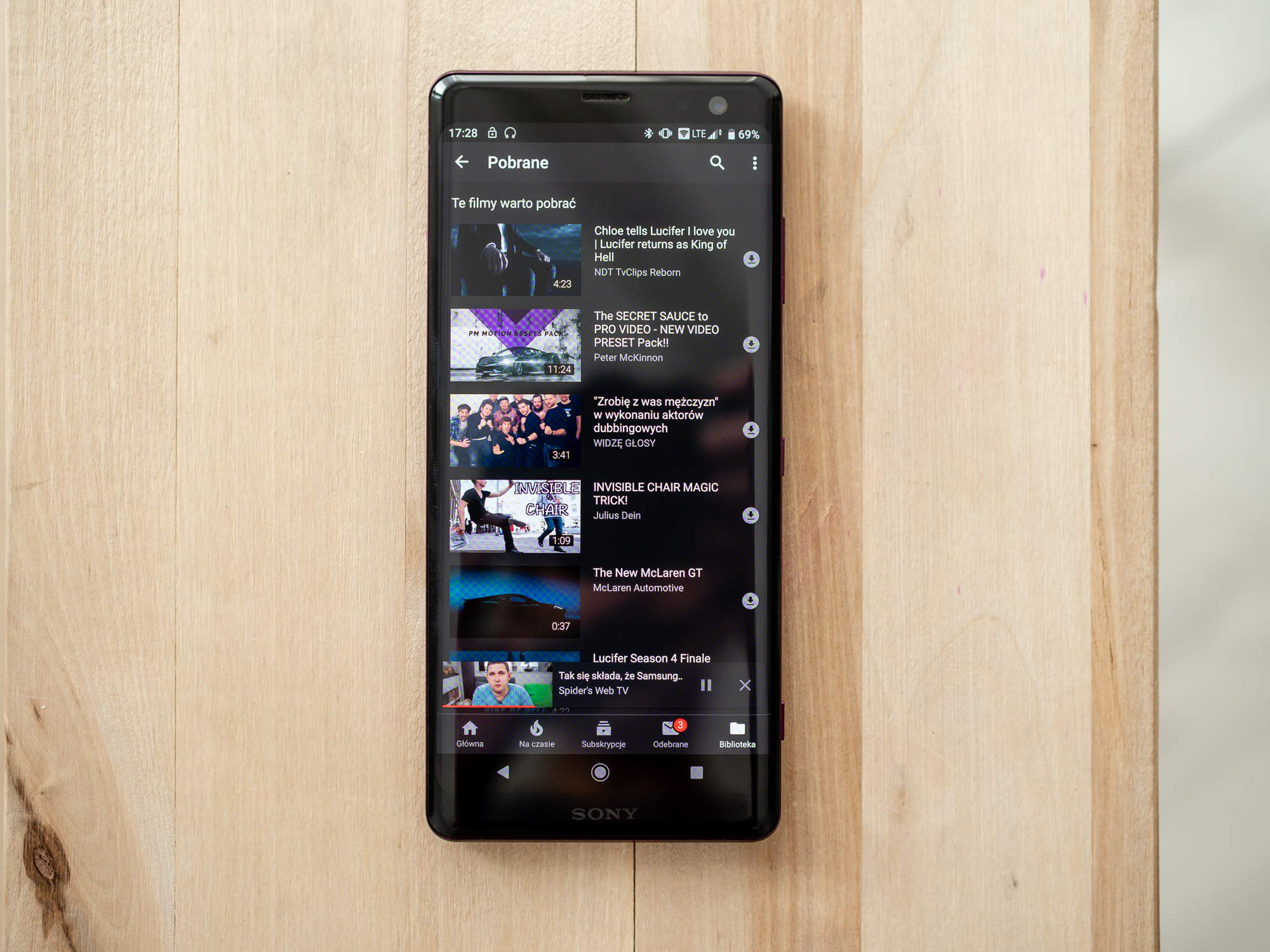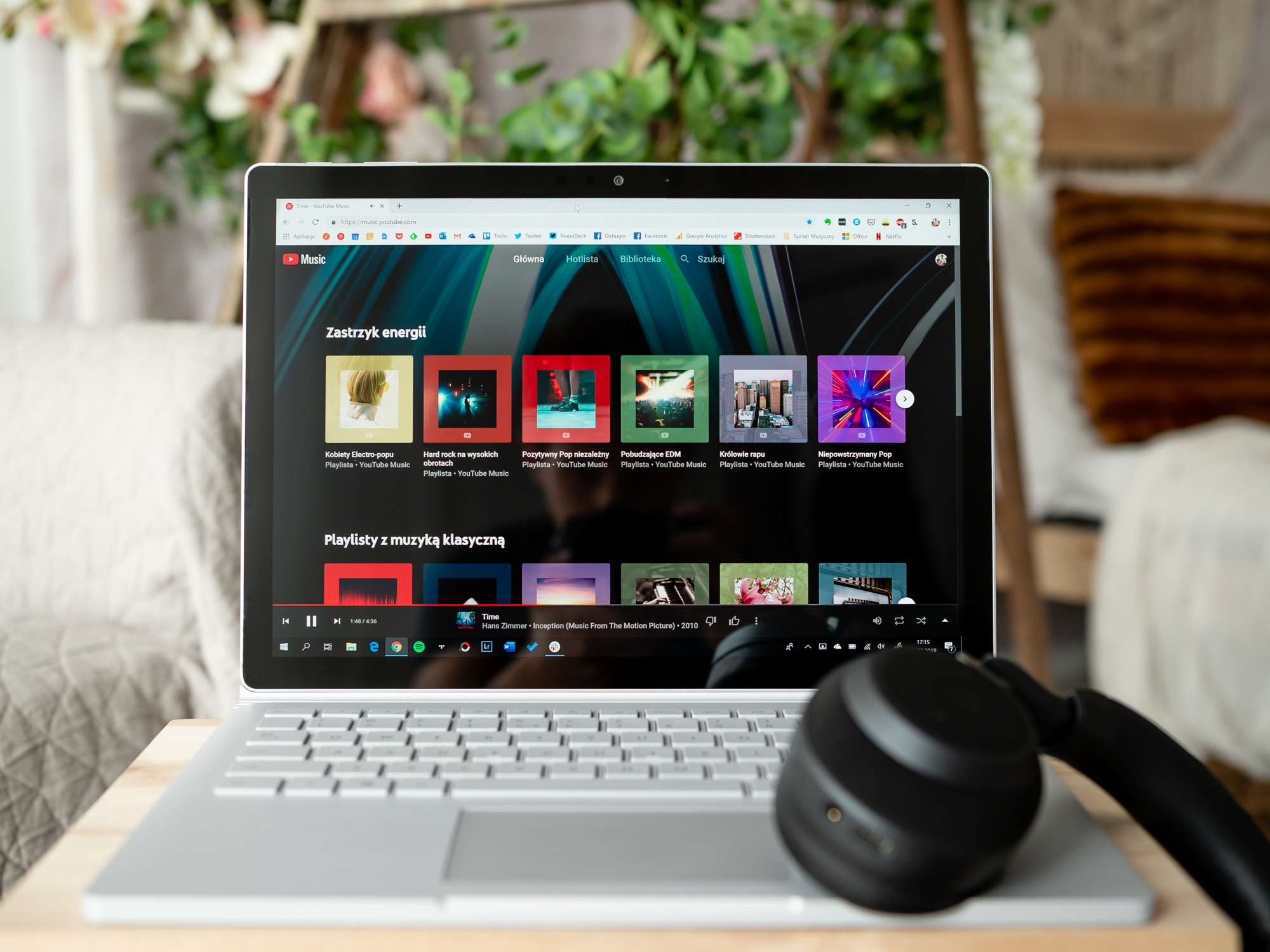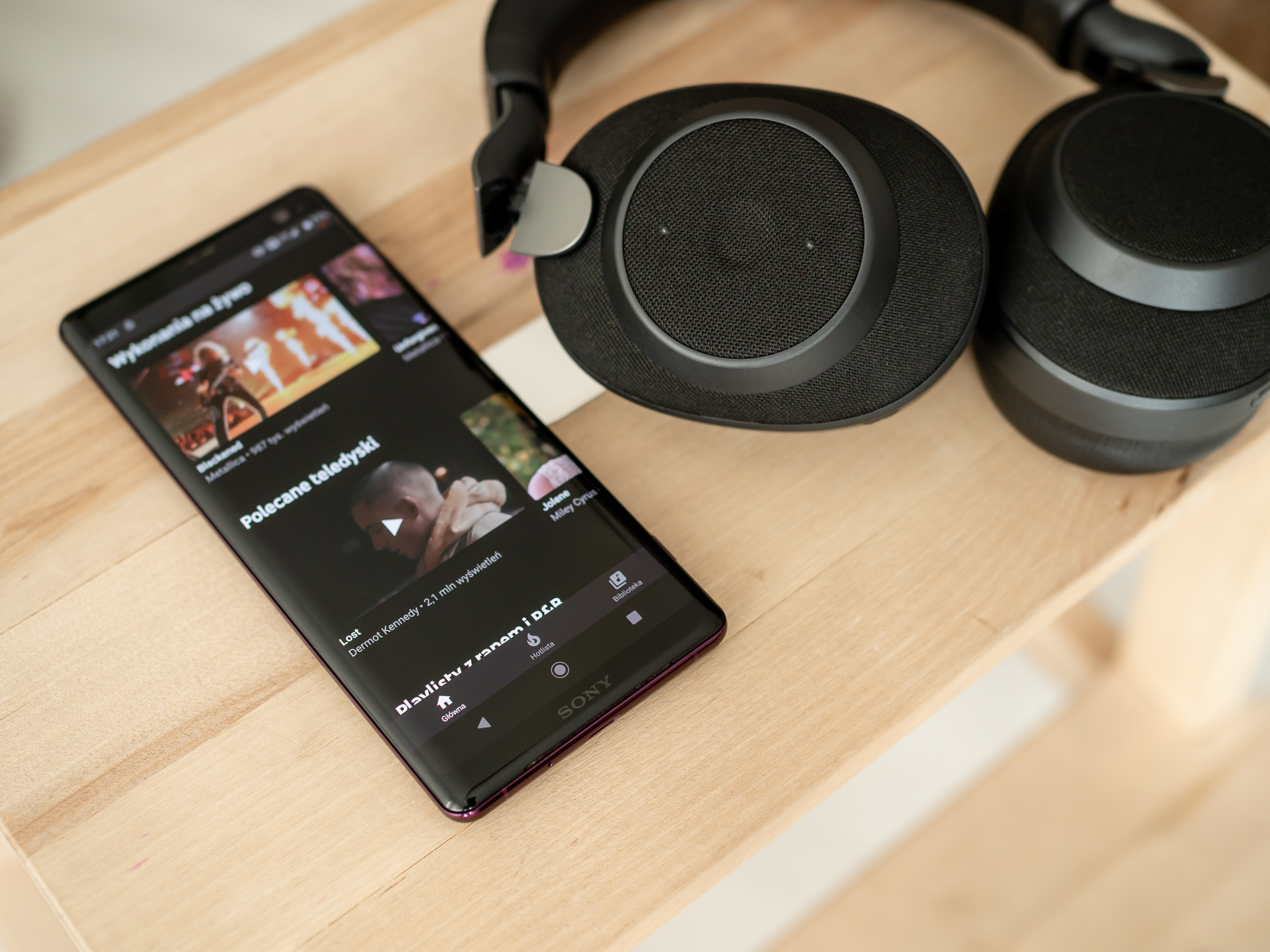Weekend without algorithms hints - will you take the challenge?

When was the last time you selected something yourself on the Internet? But really alone - not only without the help of another human, but also without the help of a machine.
Visiting Warsaw, I entered one of the antique shops on Puławska Street. I do not know if the younger readers know what the creation is, so I explain - it's a place where you can buy used books. Not only worn out, well-read volumes of contemporary literature, but also rare, beautiful editions or old prints. Something like a bookshop, only without the art-pap section and impulse chocolate purchases at the cash register. No payback points and questions "do you want to set up a membership card".
Antique shops are magical places. Despite the fact that I have transferred my private library almost entirely to the digital format (except for the collection of Stephen King's books and dozens of other items), the antiquarian book gives me a strong need to open a book, check it, put it on the shelf.
A visit to the antique shop made me realize something more - how rarely do we choose anything today without anyone's help?
Of course, in any analog store we can ask for help (antique shops usually work people with unimaginable stock of knowledge in their field), but generally speaking in such a store we are ... on each other.
It's a completely different experience from buying books at an online and even a regular bookstore. There are no command mechanisms, tables with bestsellers, "new" categories or top brands. There are only covers and titles, sometimes you can not even read what the book is about, because it used to be called. "Blurbów" (descriptions advertising content) simply was not.
One experience made me realize that we were at the grace and disfavor of algorithms.
I'm not saying that it is in every area of everyday life, but it is certainly in the entertainment sphere.
Let's take Spotify for example, or any other streaming service. Probably there will be a few readers who still listen to whole albums and contemplate the individual albums of their favorite artists, but the statistics are clear - most music streaming is a playlist. And in the case of Spotify - playlists created by a computer which, analyzing our current habits, prepares compilations for a given day, for a given week, for a given mood. We listen to what the computer will give us. Not what we chose.

Let's look at YouTube . How do we really discover new channels? Is it because someone recommends us or we come across a given creator while searching for a particular issue, or maybe because YouTube will provide us with someone's video in the "recommended" section.
The algorithm solved for good the "what to see next" problem on Netfliks . The computer, based on our previous behavior, gives us subsequent and subsequent productions, usually being very good at it. However, this does not change the fact that we are not choosing - choosing a computer.
It is no different with acquiring information. If we only use news aggregators like Google News or Flipboard, the application itself suggests some further content to read. We do not choose what we want to know about - the computer suggests that the information may be important to us.

Most of the time, algorithms suggesting us another music to listen to, a movie to watch or a book to read is a good thing. Thanks to them, it is much easier to find yourself in an infinite flood of content on the Internet, which will only grow and grow.
Sometimes, however, the algorithms fail.
Spotify suggests music that we do not like at all. YouTube suggests videos that no self-respecting person would like to see. Applications with news closes us in a one-dimensional bubble of views, with which we agree, carefully taking care that by accident no information incompatible with our style, life could not get through our eyes.
It is also often difficult to reach valuable content or the best products, because the algorithms are not subjective and do not distinguish between indexes based on their value for the recipient, only on objective data - mainly on the number of clicks and users. And this often leads to the fact that we are recommended things that do not interest us at all, but go before our eyes, because they hit before the eyes of hundreds of thousands of other people.

Apart from the discomfort of such missile commands, the algorithms in their own way deprive us of freedom of choice. It may sound lofty and pathetic, but is it really not? If we click on the supplied video, is this our autonomous decision, or the strength of the suggestion of computer intelligence? If we read the information on the internet, do we do it with a genuine desire to know, or maybe because the computer decided that it is worth knowing?
And I do not even want to start the topic, how easy it is to manipulate us through this type of algorithms and give us information that can actually affect our behavior or ... decision at the ballot box.
The problem is that algorithms - in one way or another - have accustomed us to each other enough that we do not make our own autonomous choices anymore. At least not on the Internet. And even if it seems to us that the decision is our own, it very often turns out that it is not.
Challenge - a weekend without algorithms
In his last podcast, David Kadavy proposes to make a decision every day without the use of an algorithm.
https://www.youtube.com/watch?v=S2zFh75EL2U
I do not quite agree with David's methods of avoiding computer suggestions, but I fully agree that each of us will need a specific detox.
How to escape from algorithms?
Instead of starting the day with the Daily Mix compilation, or another playlist in another streaming site - browse the list of genres and artists manually, and select the one you've never heard of before.
Instead of trusting Netflix's commands, choose a category and watch a movie whose title tells you nothing. Or - the example of users from the distant era of DVD movies - take a look at the website where videos are recommended by people, not robots.
Instead of reading messages in the app, go to the newsstand and buy a newspaper. And preferably two, presenting different worldviews. Instead of closing yourself in a bubble of commands based on your preferences, read something that will make you think critically and - who knows? - change of views.
Do anything on the Internet with your own free will algorithm. Do not click on what the service or application will give you.

The weekend has not started yet, and I feel that it will not be easy.
The algorithms and command mechanisms have so much grown into our daily lives that not using them seems to be more reactive and nonsensical, which is simply impossible. Because everywhere, regardless of where we go on the Web, one or another algorithm analyzes our behavior and only waits for a moment to suggest something to us.
It may turn out that the best place to avoid the computer illusion of freedom of choice is in fact an antiquarian book.
Weekend without algorithms hints - will you take the challenge?
Comments
Post a Comment